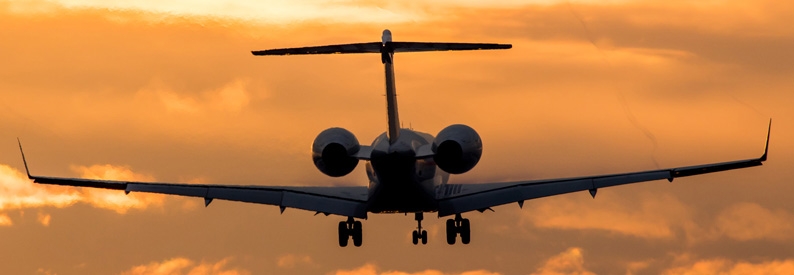Jordan’s Fly Aqaba lands Saudi investor

The Aqaba Special Economic Zone Authority (ASEZA) has at last found a taker for its Fly Aqaba (Aqaba) project after Saudi investors agreed to help fund the start-up.
An ASEZA statement said it has a 20% stake in Fly Aqaba which has a registered capital of JOD1 million dinars (USD1.41 million) and a working capital of USD20 million. Saudi national Nasser Al-Olayani, who was also chairman of Malaysia’s flyGlobal Charter (FGG, Kuala Lumpur Int’l), has been appointed Fly Aqaba’s board chairman. It is uncertain who the other Jordanian shareholders in the start-up are given Jordanian law requires at least 51% of an airline’s shares to be in the hands of Jordanian nationals and/or entities who must also exercise effective control over the airline.
ASEZA board chairman Nayef Bakheet said that once the necessary permits have been obtained from the Jordan Civil Aviation Regulatory Commission (JCARC), Fly Aqaba, in its initial phase, will focus on connecting its Aqaba base with European as well as Gulf and other Arab countries. Two unspecified aircraft will be used for initial operations.
Under JCARC regulations, the start-up must obtain a provisional operator’s licence (OL) at the same time as it pursues an AOC. In addition, for passenger operations, an airline must have at least two aircraft of which at least one must be owned and the other either owned or dry leased for a period not less than 12 months. Neither must exceed 15 years of age nor should the payload or seat capacity variation between the two aircraft be greater than 20%. Once all these requirements have been fulfilled, only then can it apply for the route authorities it requires.
Currently, Jordan has only two scheduled airlines – Royal Jordanian and Jordan Aviation – with Fly Jordan and Arab Wings both operating in the passenger charter niche.
ASEZA administers the Aqaba Special Economic Zone, located in Jordan’s Red Sea port city of the same name. The zone is tasked with driving economic development in the area via financial incentives as well as the leveraging of Jordan’s geographical location (between Israel, Egypt, and Saudi Arabia), and various free trade agreements.
For its part, no airlines are currently based in Aqaba whose connectivity consists primarily of flights to/from Amman Queen Alia via Royal Jordanian and Jordan Aviation, as well as flights to neighbouring Egypt and Saudi Arabia as well as charters to Russia. It will also see flights from across Europe this winter.
